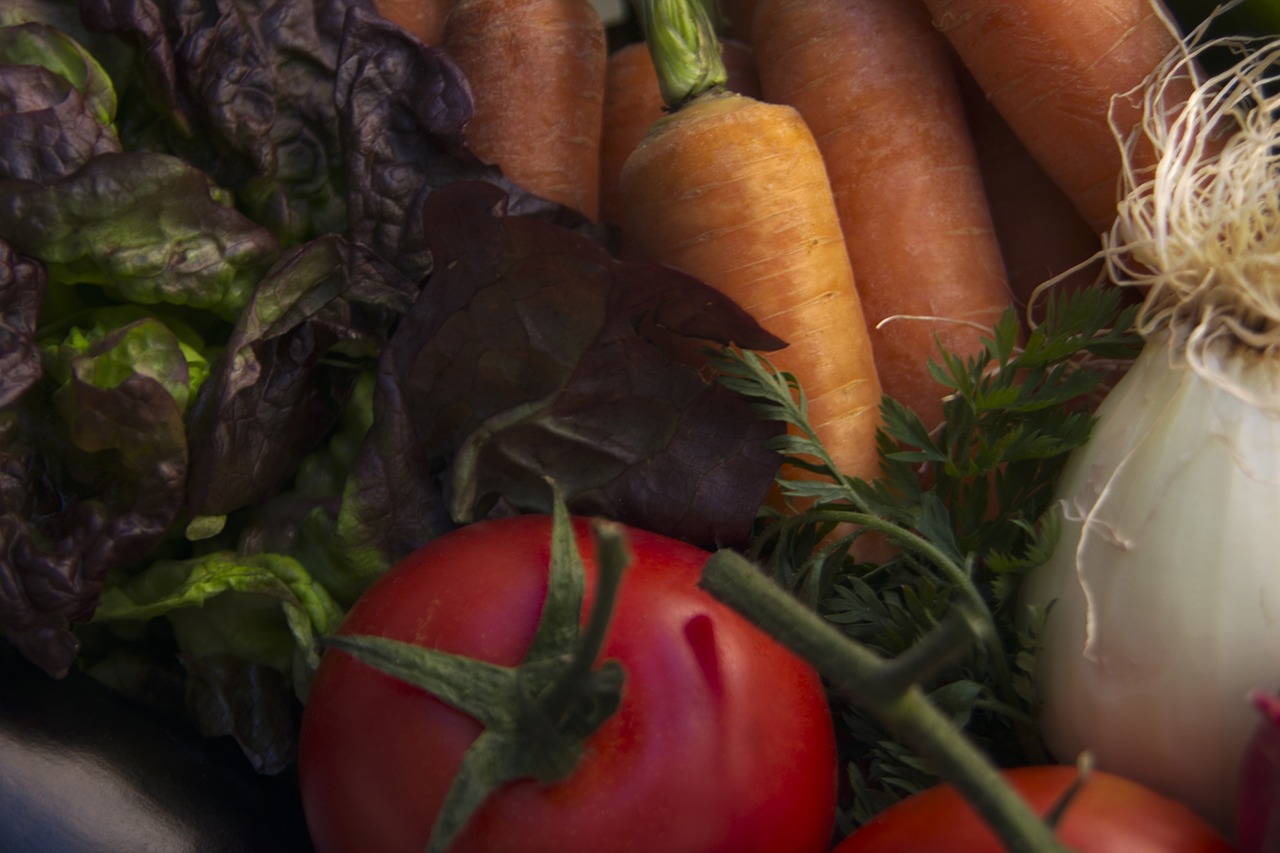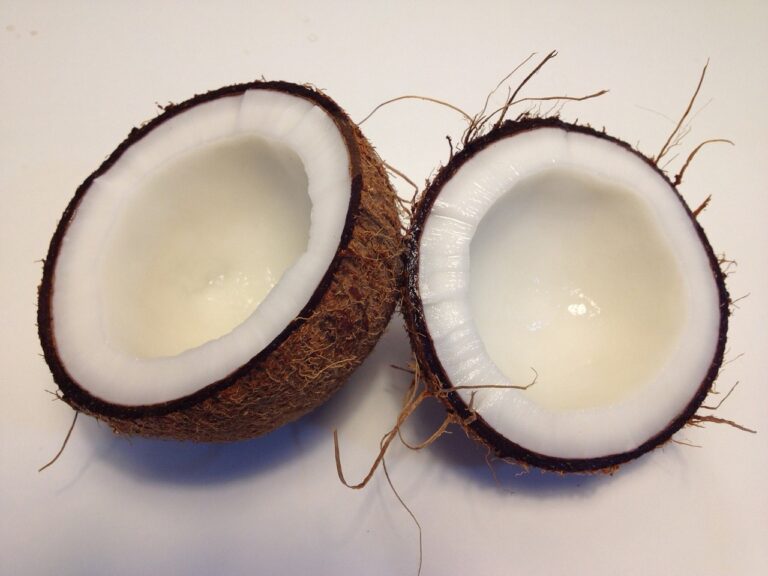Olive Oil Production in Tunisia: History and Modernity: Diamond exchange, Sky99exch com login, Www.reddy book.club login
diamond exchange, sky99exch com login, www.reddy book.club login: Olive oil production in Tunisia has a rich history that dates back thousands of years. The country has long been known for producing some of the finest olive oils in the world, thanks to its ideal climate and fertile soil. In recent years, Tunisia has also embraced modern technology and techniques to further enhance its olive oil production, making it a leader in the industry.
In this article, we will delve into the fascinating history of olive oil production in Tunisia and explore how the country has successfully blended tradition with modernity to create some of the best olive oils on the market.
The ancient art of olive oil production in Tunisia
Tunisia has a long history of olive oil production, dating back to ancient times. The Phoenicians, who were among the first to cultivate olive trees in the region, introduced the art of olive oil production to Tunisia over 3,000 years ago. Since then, the tradition has been passed down from generation to generation, with each new crop of farmers adding their own unique touch to the process.
The olive tree holds a special place in Tunisian culture, symbolizing peace, prosperity, and abundance. It is no wonder that olive oil production has become such an integral part of Tunisian life, with many families owning their own olive groves and producing their own oil for personal use.
Tunisia’s ideal climate and soil conditions make it the perfect place for growing olives. The country enjoys long, hot summers and mild winters, with just the right amount of rainfall to nourish the olive trees. The rich, red soil in many parts of Tunisia is also ideal for olive cultivation, providing the trees with the nutrients they need to thrive.
Modern advancements in olive oil production
While Tunisia’s olive oil production is steeped in tradition, the country has also embraced modern technology to improve the quality and efficiency of its olive oil production. Today, many olive oil producers in Tunisia use state-of-the-art machinery and equipment to harvest and press the olives, resulting in higher yields and better quality oil.
One of the most significant advancements in olive oil production in Tunisia is the use of centrifugal separators to extract the oil from the olives. This modern technique allows producers to extract the oil quickly and efficiently, preserving the flavor and nutrients of the olives. The use of stainless steel tanks for storage and transportation has also helped to maintain the quality of the oil, ensuring that it reaches consumers in optimal condition.
Tunisian olive oil producers have also adopted sustainable farming practices to protect the environment and ensure the long-term viability of their olive groves. Many producers now use organic fertilizers and pest control methods to minimize their impact on the land, while others have implemented water conservation techniques to reduce their water usage. These efforts have not only helped to preserve the natural beauty of Tunisia’s olive groves but have also resulted in higher-quality olive oil.
The future of olive oil production in Tunisia
With its rich history, ideal growing conditions, and commitment to innovation, the future of olive oil production in Tunisia looks bright. The country’s olive oil is highly sought after around the world for its exceptional quality and flavor, and Tunisian producers are constantly striving to improve their products and expand their markets.
Many Tunisian olive oil producers are now focusing on developing new varieties of olives and experimenting with different production methods to create unique and innovative olive oils. Some producers are also exploring the potential benefits of organic and sustainable practices, in response to consumers’ growing interest in healthy and eco-friendly products.
Despite facing challenges such as climate change and competition from other olive oil-producing countries, Tunisia remains a powerhouse in the industry, thanks to its rich tradition, modern technology, and unwavering commitment to quality. As consumer demand for high-quality olive oil continues to grow, Tunisia is well-positioned to meet this demand and maintain its status as a leading producer of olive oil.
In conclusion, olive oil production in Tunisia is a captivating blend of history and modernity. The country’s ancient traditions, ideal growing conditions, and innovative practices have helped it to become a global leader in the industry. With a focus on quality, sustainability, and innovation, Tunisia’s olive oil producers are well-equipped to meet the challenges of the future and continue to provide consumers with some of the finest olive oil in the world.
FAQs:
Q: What makes Tunisian olive oil unique?
A: Tunisian olive oil is unique due to the country’s ideal growing conditions, rich history, and commitment to quality. The olives grown in Tunisia benefit from the country’s long, hot summers and mild winters, as well as its fertile soil. Additionally, Tunisian producers use modern technology and sustainable practices to create high-quality olive oil with exceptional flavor.
Q: Is Tunisian olive oil sustainable?
A: Many Tunisian olive oil producers have adopted sustainable farming practices to protect the environment and ensure the long-term viability of their olive groves. This includes using organic fertilizers, pest control methods, and water conservation techniques. By prioritizing sustainability, Tunisian producers are able to preserve the natural beauty of their olive groves and create eco-friendly products.
Q: What sets Tunisian olive oil apart from other olive oils?
A: Tunisian olive oil is known for its exceptional quality and flavor, thanks to the country’s ideal growing conditions and traditional production methods. Tunisian olive oil is often described as fruity, rich, and well-balanced, with a smooth finish. Additionally, Tunisia’s commitment to innovation and sustainability sets its olive oil apart from others on the market.







